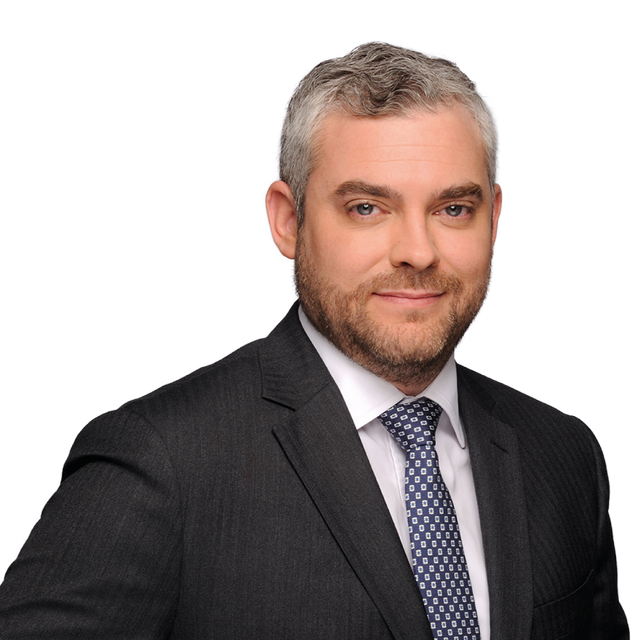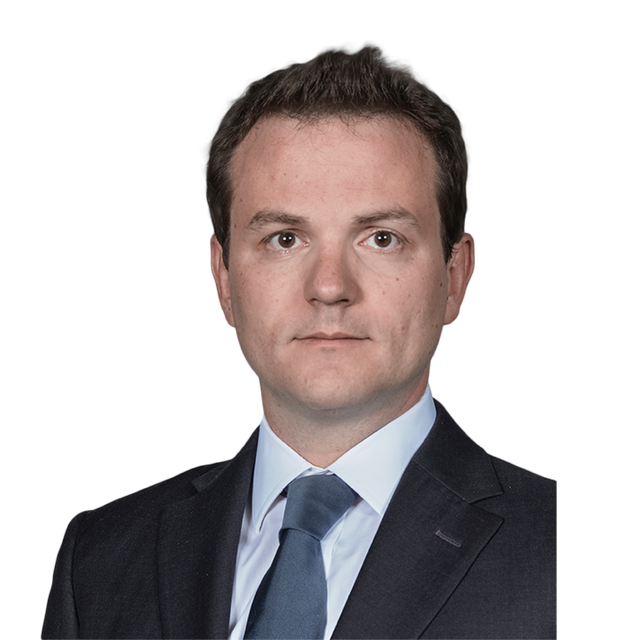Private Equity in the Era of ESG, with Allen & Overy

By the end of 2023, the BACI (Corporate Banking & Private Equity) club organized a roundtable discussion at the HEC Alumni premises in Paris, featuring two experts from Allen & Overy : Thomas Roy, Partner in Banking and Finance and Benjamin Lacourt (M.12), Counsel International Capital Markets.
Environmental, Social, and Governance (ESG) criteria have significantly developed in recent years and are now considered in the majority of financing activities. What is the impact of ESG on the structuring of funds and their investments? This question was at the heart of the discussions during the evening hosted by Mathilde Bonnans (M.05), a BACI board member and ESG specialist.
ESG, a long-term commitment
One of the challenges lies in the lifespan of investment vehicles. Indeed, a company committed to an ESG approach needs time, for example, to adapt its production processes to decarbonize its activities. However, private equity investment cycles typically last about four to seven years.
“This timeframe may not allow for the completion of necessary transformations, despite the support of fund managers,” explains Benjamin Lacourt (M.12), counsel International Capital Markets at Allen & Overy. These timelines are often better understood in infrastructure funds, which have a longer duration.
A variable geometry
The consideration of ESG criteria can vary from one fund manager to another, depending on internal practices and commitments made to their investors. Some management companies have also developed the habit of setting non-financial indicators (avoided CO2 emissions, number of jobs created…) that impact remuneration. “Sometimes, compliance with non-financial criteria is verified by an independent auditor” says Benjamin Lacourt.
The achievement or non-achievement of these objectives can then affect the carried interest remuneration of fund managers.
As for the financing arranged by investment funds portfolio companies, “the applicable margin on bank or bond financing can vary, either up or down, depending on the achievement of predefined non-financial objectives with management and the sponsor,” observes Thomas Roy, partner in Banking and Finance at Allen & Overy.
The evolution of practices is an encouraging trend for responsible investment, even though the path to finance ecological transition is still long.
Thomas Roy
Thomas Roy is a partner in Banking and Finance at Allen & Overy, specializing in LBO financing operations.

Benjamin Lacourt (M.12)
Benjamin Lacourt is counsel in International Capital Markets at Allen & Overy, specializing in the establishment of alternative investment funds and financial regulatory issues.

Allen & Overy
Allen & Overy is an international law firm with lawyers in more than 40 offices worldwide. The Paris, practice has 150 lawyers specializing in French, English and American business law.

Published by Thomas Lestavel

